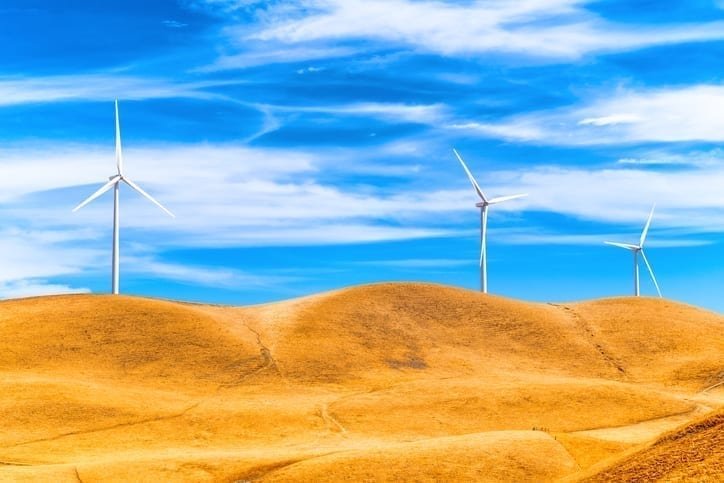Renewable energy is increasingly powering the world, but erratic policy making is holding the sector back from its potential contribution to cutting carbon pollution and meeting climate and development targets, according to REN21’s Renewables 2019 Global Status Report (GSR), released today (18 June).
The report confirms that for the fourth consecutive year, more renewable power capacity was installed than fossil fuel and nuclear power combined – 100 gigawatts (GW) of solar PV alone was added in 2018, enough to meet more than 25% of electricity demand in France.
But a lack of ambitious and sustained policies to drive decarbonisation across the heating, cooling and transport sectors means countries are not maximising the benefits of the transition – including cleaner air and energy security – for their people.
‘A key breakthrough could occur if countries cut their fossil fuel subsidies which are propping up dirty energy’, said Rana Adib, executive secretary at REN21.
Subsidising fossil fuels
Ambitious policy and regulatory frameworks are critical to creating favourable and competitive conditions, allowing renewable energy to grow and displace more expensive and carbon-emitting fuels.
40 countries have undertaken some level of fossil fuel subsidy reform since 2015, but these subsidies continued to exist in 112 countries in 2017, with at least 73 countries providing subsidies of over $100 million each.
Estimated total global subsidies for fossil fuel consumption were $300 billion in 2017, an 11% increase from 2016.
The global renewables outlook
Solar PV and wind are now mainstream options in the power sector. Over 90 countries had more than 1 GW of renewable power capacity installed, and 30 countries had more than 10 GW. At least nine countries (Denmark, Uruguay, Ireland, Germany, Portugal, Spain, Greece, UK and Honduras) generated more than 20% of their electricity with solar PV and wind.
Global renewable energy uptake no longer depends on just a few countries. In 2018 the global deployment of renewables kept up a steady pace overall with the European Union’s roll-out slightly up and China’s annual installations and investment declining compared with the previous year. This shows renewable energy is a strong, global powerhouse.
Cities are increasingly becoming strong drivers in renewable energy deployment, adopting some of the most ambitious targets for renewables globally. In numerous cases, these commitments and actions have exceeded national and state/provincial initiatives.
More than 100 cities (ranging from Nairobi, Kenya and Dar es Salaam, Tanzania to Auckland, New Zealand, Stockholm, Sweden and Seattle, USA) use at least 70% renewable electricity, and at least 50 cities put in place renewable energy targets covering power, heating and cooling, and transport.
 Play Video about This Rock Might Just Save The World
Play Video about This Rock Might Just Save The World Play Video about Play 2 hours of rock
Play Video about Play 2 hours of rock Play Video about Play 2 hours of brook
Play Video about Play 2 hours of brook Play Video about Play 2 hours of sheep
Play Video about Play 2 hours of sheep











































